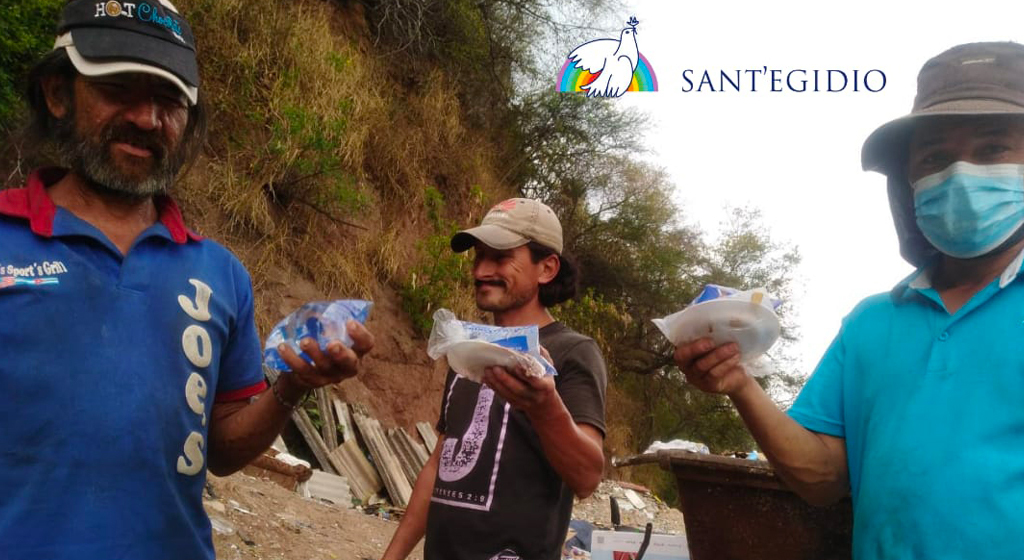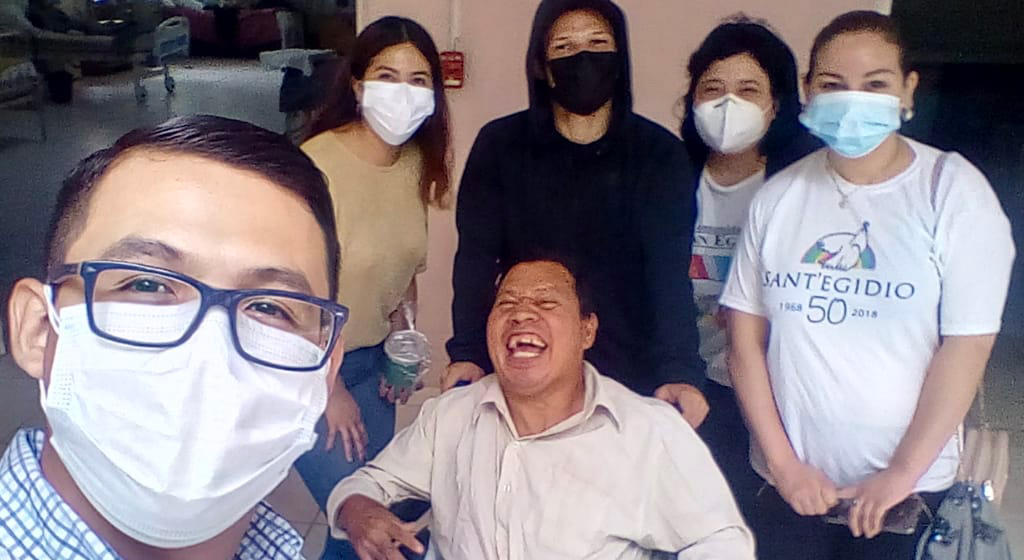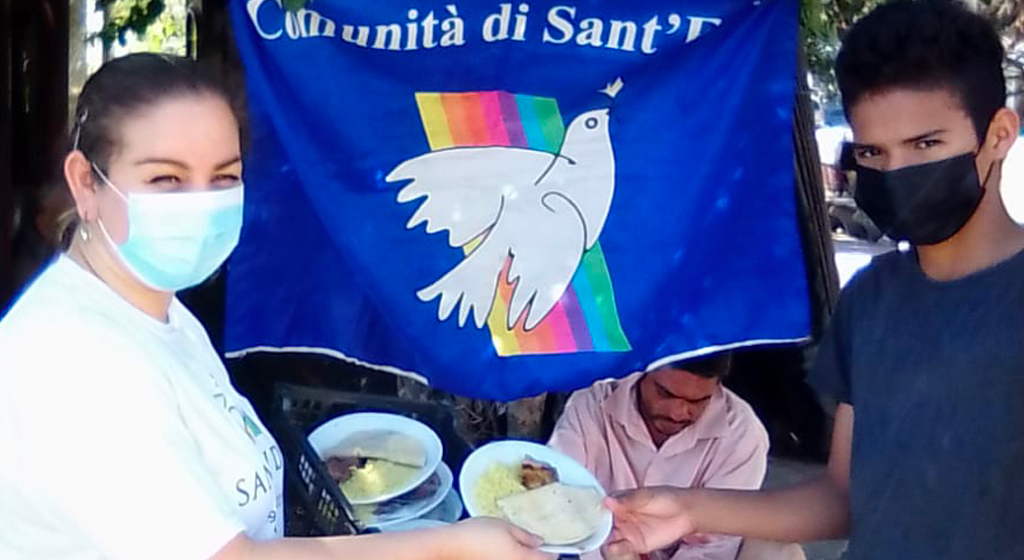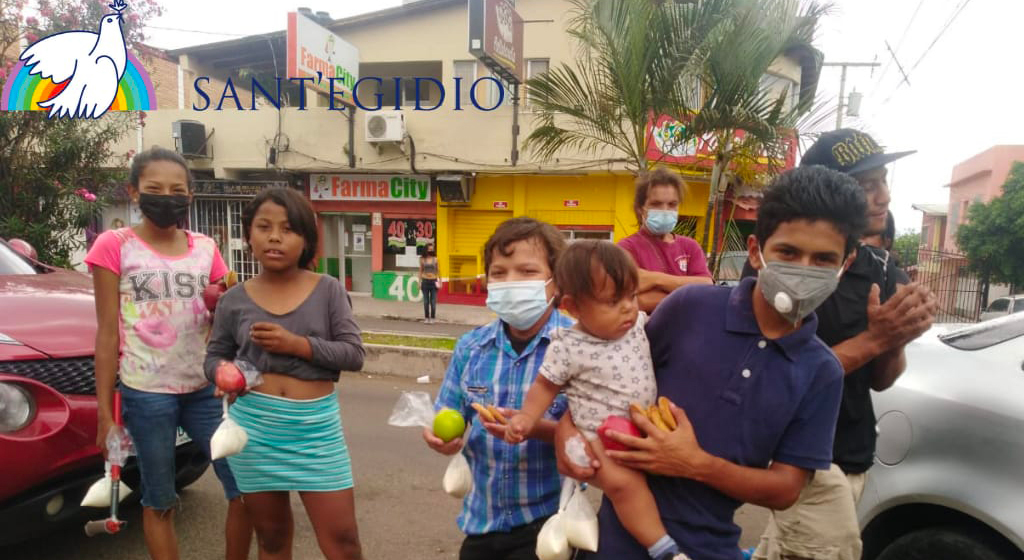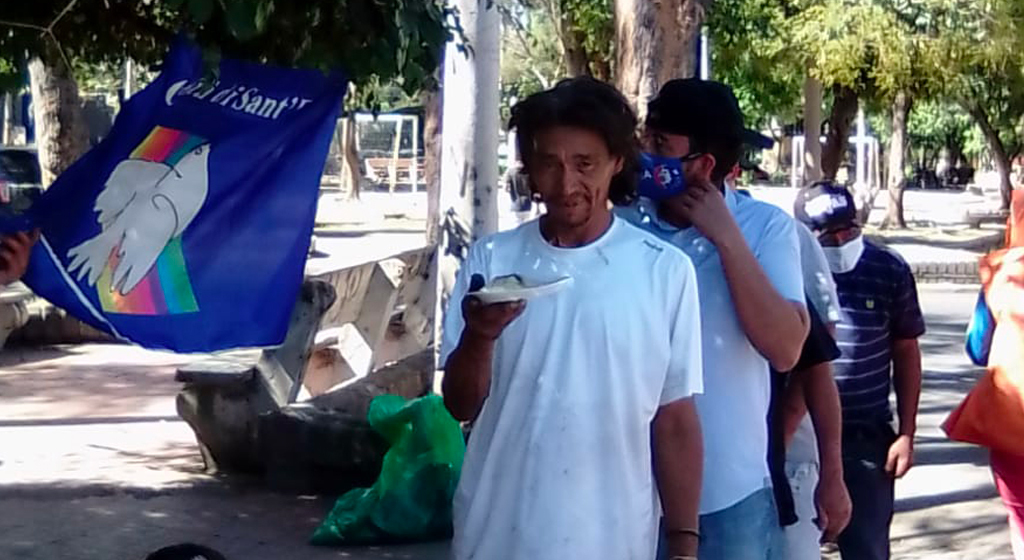Honduras is one of the poorest countries in the American continent. According to the Economic Commission for Latin America and the Caribbean (ECLAC) , about 40% of its population lives in extreme poverty and 67.4% in relative poverty, 73.5% of families live in poverty in rural areas. In the midst of this desperate situation, emigration is "a struggle for survival".
Some 300,000 Hondurans fled to the United States in 2019 under increasingly harsh anti-immigration measures by President Trump and the Mexican government. And as a result, the International Migration Observatory recorded a growing number of deportations between 2018 and 2019. 109,185 Hondurans came back to their country between January and December 2019, mostly deported from Mexico (64,649), among them 24,040 children.
The Covid pandemic is still growing and the economic crisis caused by the paralysis of production activities is further pushing the population towards emigration. Vaccines are hard to get, and in recent weeks people have become more and more perplexed about the government's ability to act for the common good. Thousands of illegally produced fake versions of Sputnik vaccine were confiscated in Mexico on a private plane bound for San Pedro Sula, the country's second most populous city. By mid-April only 0.03% of the population (2,639 out of a total of over 9 million) had been vaccinated according to data provided by the WHO and the University of Oxford.
In recent months, the Community of Sant'Egidio has been working to provide food for people in great difficulty during this period marked by so many crises - health, work, environment and food.
We have helped the homeless and the most fragile, such as the elderly and single women with children.
The communities of Tegucigalpa, S. Pedro Sula and Comayagua have built a network of solidarity involving hundreds of people who prepare meals at their homes. A large group of young university students and adults distribute these meals to people who have no resources at this time of emergency.
Today's videos














